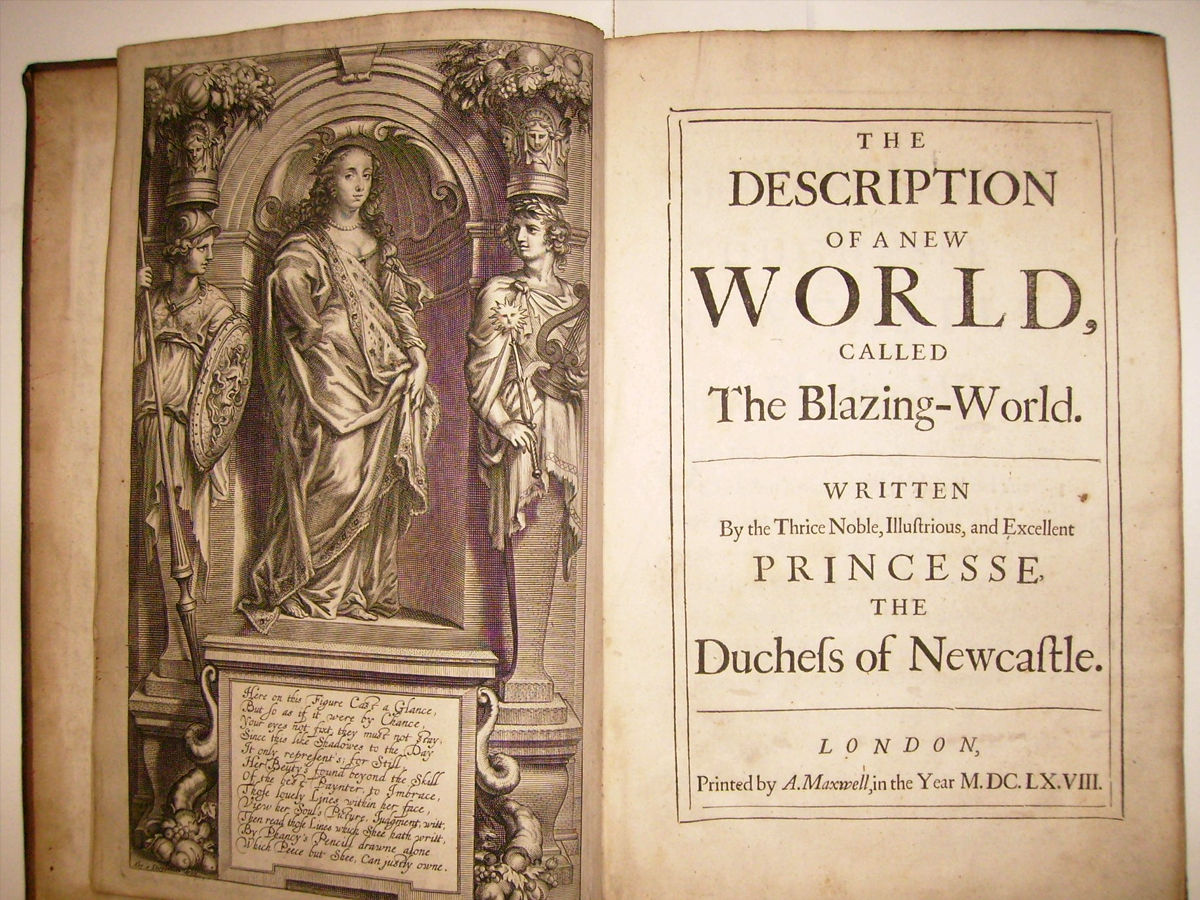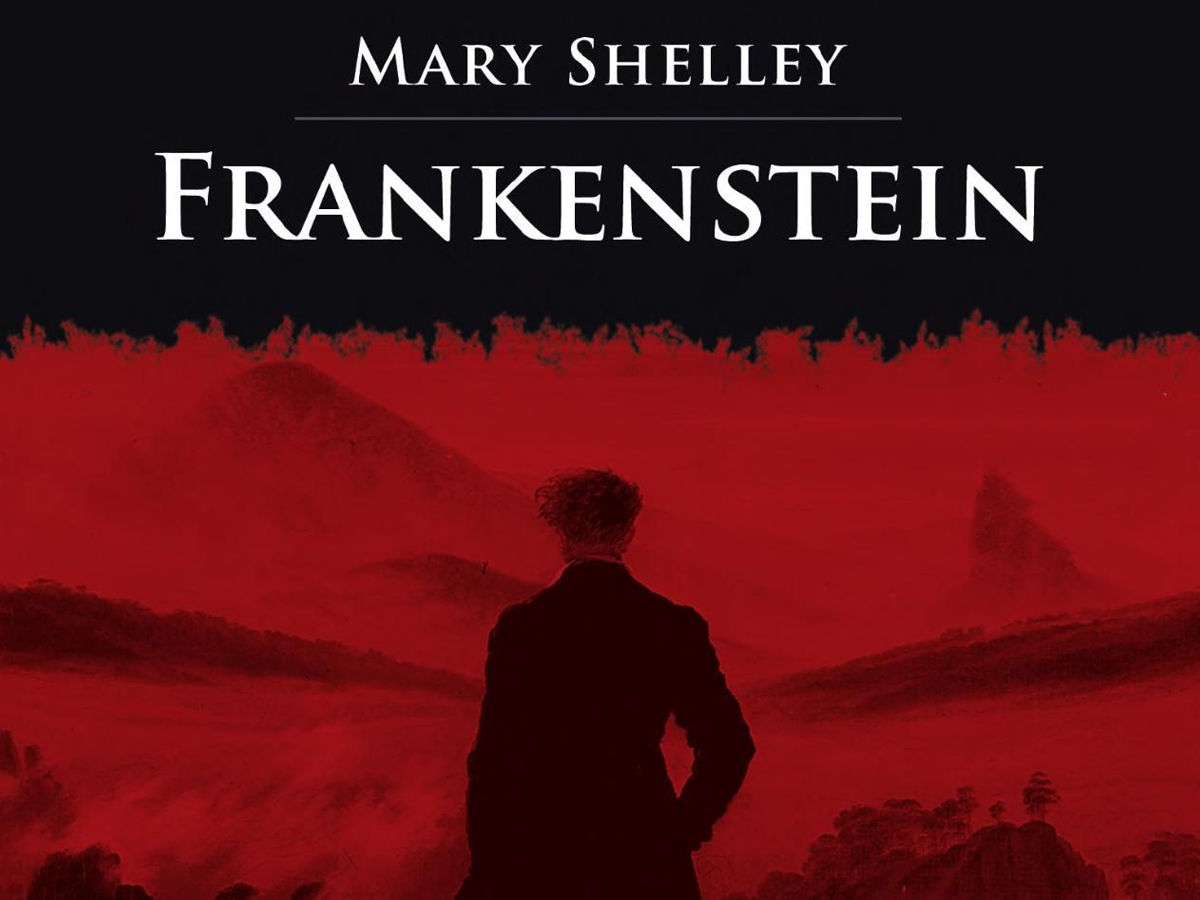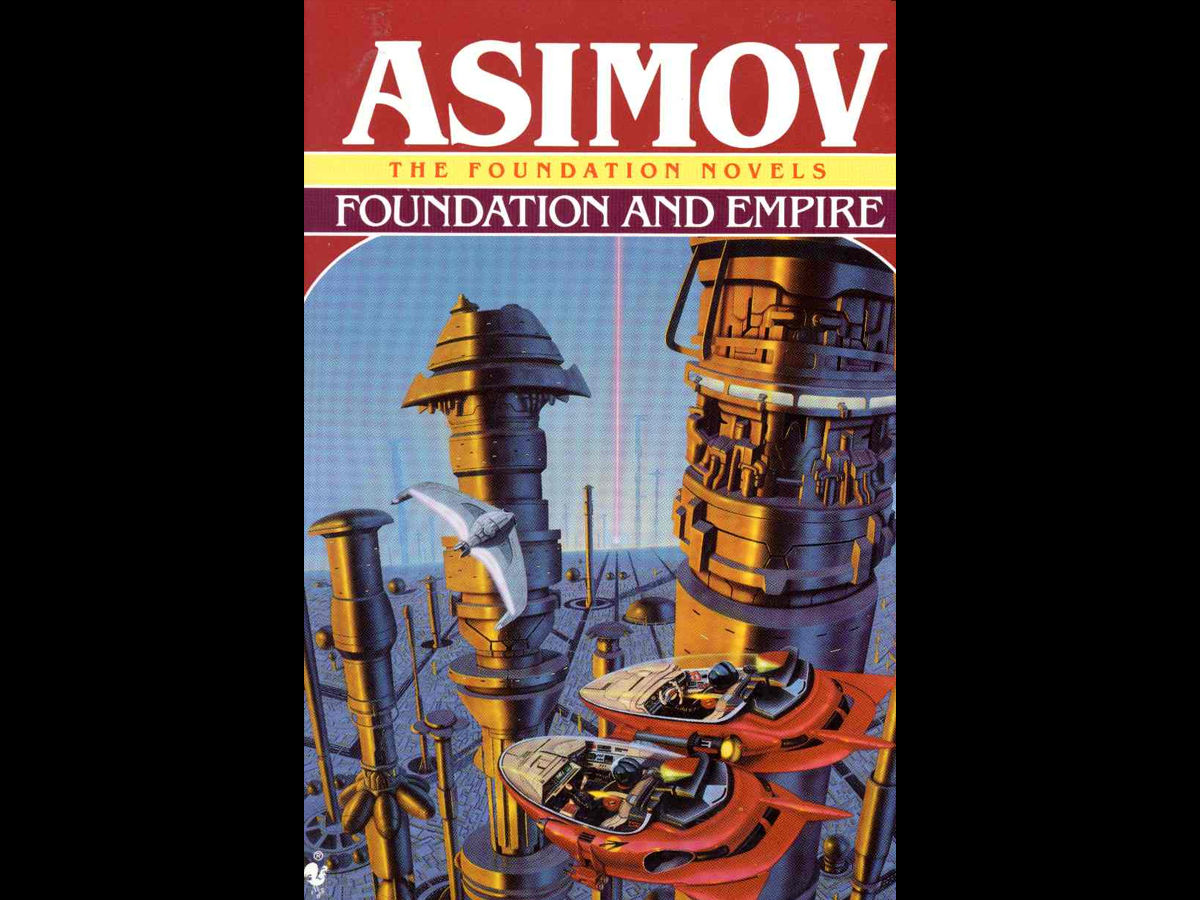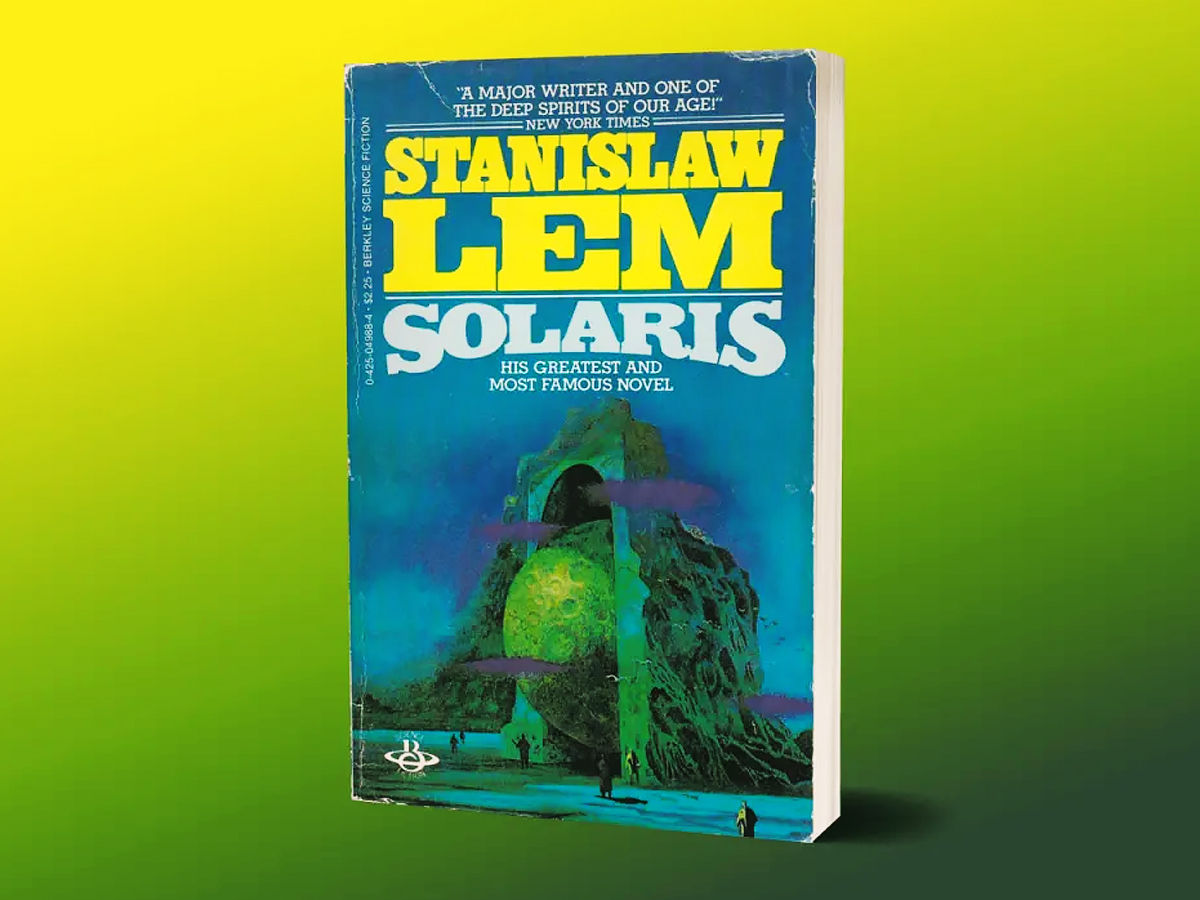For every novel reader, science fiction is set in a different corner as it increases our imaginative powers and thinking capabilities.
To increase your thinking, we have 5 Science Fiction Novels for you, get ready to wear that imagination hat of yours.
The Blazing World, by Margaret Cavendish (1666)

This book is arguably the first science fiction novel ever written. The Burning World’s language may be dated, but for its day, this fearless feminist text full of imagination by Margaret Cavendish is not just incredibly courageous. It is still also highly important, cited as an inspiration by writers like China Miéville and Alan Moore.
Cavendish’s futuristic novel follows the adventures of an abducted woman heading to another world inhabited by part-humans, part-animals, fox-men, fish-men, geese-men, and the list goes on. Since she is a very attractive woman, she becomes their Empress and organizes an all-powerful invasion of her own world, complete with literal fire pouring from.
Frankenstein, by Mary Shelley (1818)

Mary Shelley started writing the classic gothic novel, Frankenstein when she was 18. Two centuries-old, it is an important ancestor of the science fiction and horror genres, tackling immense subjects such as the nature of life and death, rebirth, and genetic modification. It is a pro-science book that at its core shows Dr Frankenstein as the callous fiend of the plot, who created a being and was unable to take responsibility for his actions.
In an age where the space between artificial life and death is smaller than ever, Frankenstein can also teach a crucial lesson, and scientists are messing with the makeup of what makes us humans: just because you can, doesn’t mean you should.
Foundation, by Isaac Asimov (1951)

Asimov was a prolific writer, but many of his best works are classic short stories under the science fiction genre that turn out like long jokes with a punchline twist at the end, including Nightfall or The Last Question. In the Foundation series, he’s completely in another style, charting the rise and fall of civilizations in sweeping brush strokes. The prose of Asimov can be stilted and betrays the biases of his day in the portrayal of female protagonists, but it has left an enduring legacy.
The Foundation series, a subset of mathematics that can make accurate forecasts thousands of years in advance, is pursued by Hari Seldon, who is the architect of psychohistory, and that Seldon believes is central to saving the human race from the dark ages. You can see that it is one of Elon Musk’s favourite books (along with The Hitchhiker’s Guide to the Cosmos, and The Moon is A Cruel Mistress from Robert Heinlein-also recommended). A long-awaited screen adaptation is one of the hallmark launch deals of Apple’s new subscription service.
You might wanna know more about 8 Books Worth Reading In 2021 To Shape Your Thinking
The Stars My Destination, by Alfred Bester (1957)

What if they could teleport humans? With a clear proposition, this landmark novel begins. For the Space Period, the Count of Monte Cristo extends into a story of regeneration and vengeance that wraps across the Solar System. Released as Tiger, first! Hey! Tiger! It follows Gully Foyle, a cruel, uneducated brute who, named after the William Blake poem, spends six months marooned in deep space in the UK, and the rest of the book finding revenge for it.
Solaris, by Stanislaw Lem (1961)

If you think you’re acquainted with Solaris from the 2002 film by Steven Soderbergh, the original book might come as a little surprise. This short book, written in 1961 by the Polish author Stanislaw Lem, is heavier on philosophy than on conspiracy. It follows a team of people on a space station who are attempting to explain the enigmatic living ocean on the planet Solaris with no luck.
Their research is limited to long explanations that paint the alien world with a vibrant picture but do not describe how it works. When they poke and probe, Solaris ends up exposing more of them than it does about itself, with the novel demonstrating the futility of people wanting to understand something that is not about themselves.

























